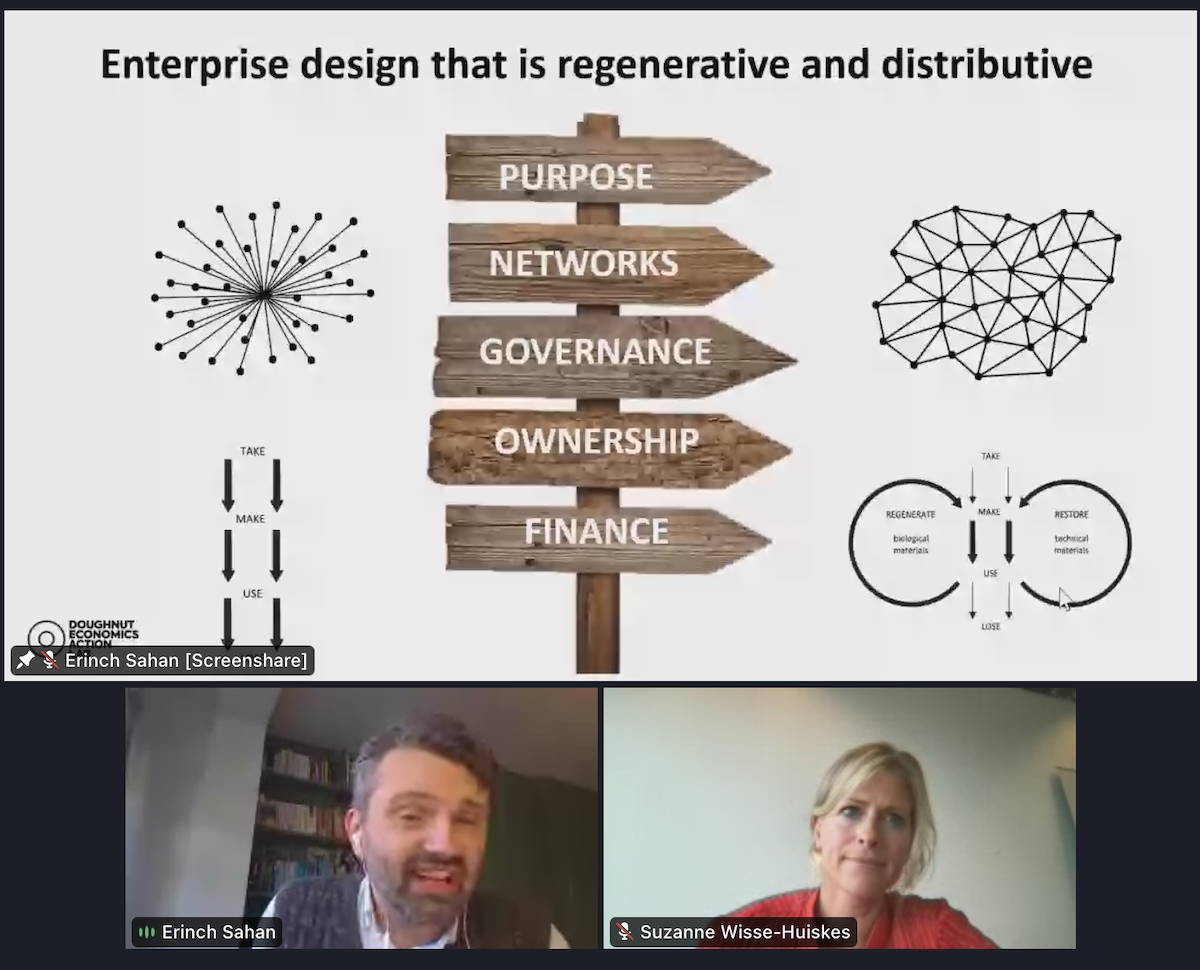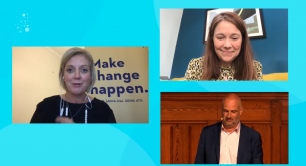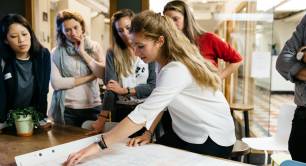SEWF 2021: Social enterprise is ‘proof of concept’ for tomorrow's economy
Social enterprise is “proof of concept” for tomorrow’s economy and the movement needs to stop seeing itself as existing on the margins.
So says Doughnut Economics Action Lab’s recently appointed business and enterprise lead Erinch Sahan.
He was speaking online at the Social Enterprise World Forum 2021 on Wednesday 29 September.
Sahan, who was previously CEO of the World Fair Trade Organisation, was appointed to self-titled 'renegade economist' Kate Raworth’s Doughnut Economics Action Lab earlier this month. The organisation aims to turn Raworth’s theory of doughnut economics – which emphasises how the world’s economies are pushing humanity’s activities beyond the limits of what the planet can support– into practice.
We as a movement need to see ourselves not on the margins of the economy, but as a real alternative
Asked by the discussion chair, Euclid Network CEO Suzanne Wisse-Huiskes, how social enterprises could play a role in creating more regenerative and distributive economies (Raworth’s proposal for the type of economic approach that could save the planet), Sahan said: “We as a movement need to see ourselves not on the margins of the economy, but as a real alternative.”
He explained that the significance of social enterprises was about more than taking on the activities that other types of businesses wouldn’t tackle, but that they were “a microcosm of the type of enterprises that we need to develop to survive on this planet”.
- Read more about what motivates Sahan in our interview: Why profit-driven business can never be the answer
Clarifying his thoughts in a tweet after the discussion finished, he added: “We are proof of concept for tomorrow’s economy.”
He urged more collaborations between movements that were “thinking in a similar way”, such as co-operatives. “We need a bigger tent for us all,” he said, but added that social enterprises were already good at doing this. “Collaboration is their super-power,” he said.
The design traits of regenerative business
Sahan explained the five “design traits” of a regenerative business that Raworth has identified: purpose, networks, governance, ownership and finance. The point is that being a good business has to run through the DNA of an organisation, rather than being an add-on.
- Take a deep-dive into Doughnut Economics in our interview: Kate Raworth: ‘We’re going to redefine business’
Sahan said he would like to see more social enterprises talking about why their businesses were structured differently to mainstream businesses. He said that social enterprises often preferred talking about what they did compared with why they operated in a particular way.

“Tweet about it, write about it – why your design is unique,” he said. This would help more people understand that there was a different way of doing business.
The Doughnut Economics Action Lab would soon be launching new tools for business leaders to explore different ways of structuring their organisations, he said. “We are co-creating new and big ideas,” said Sahan.



